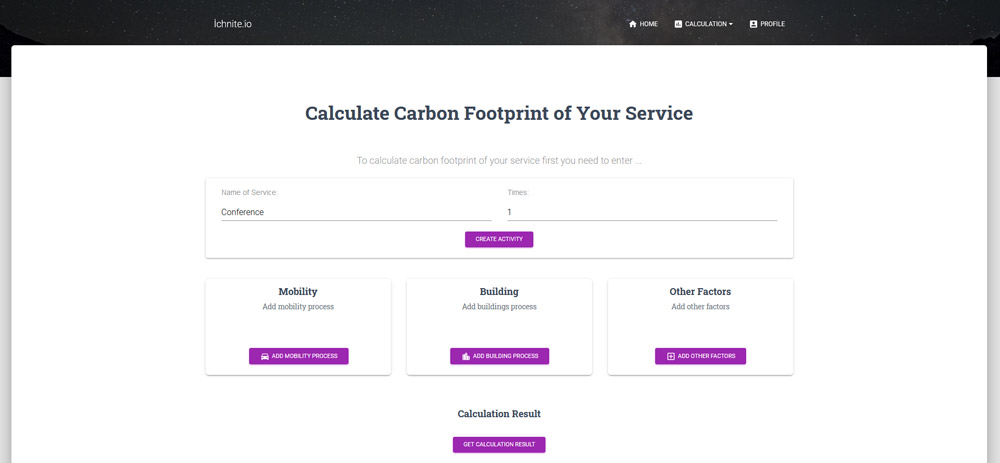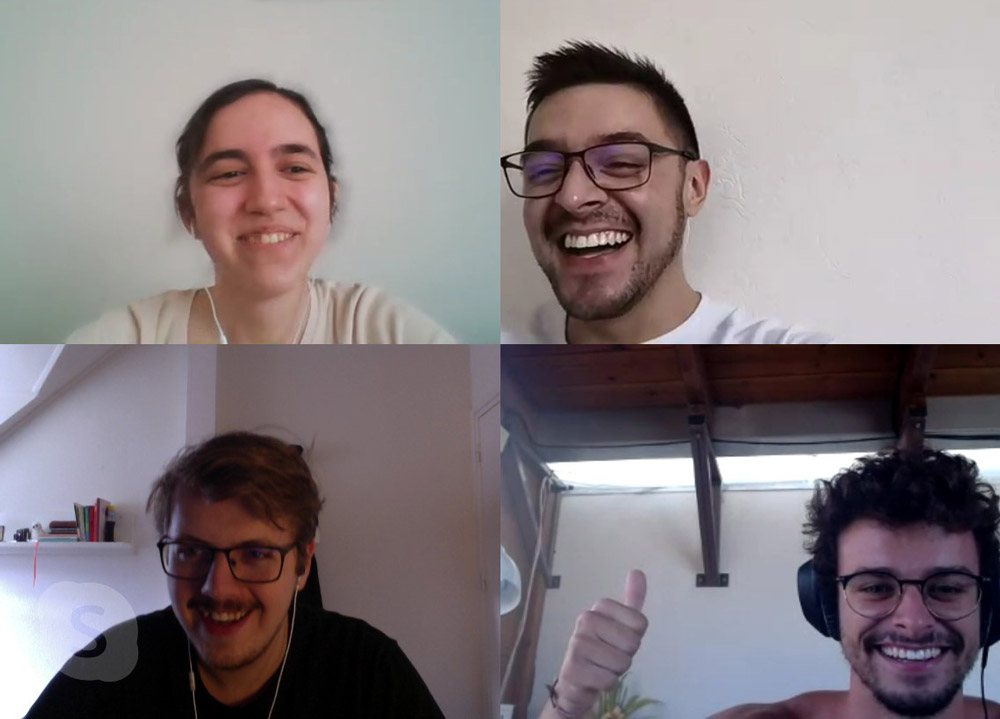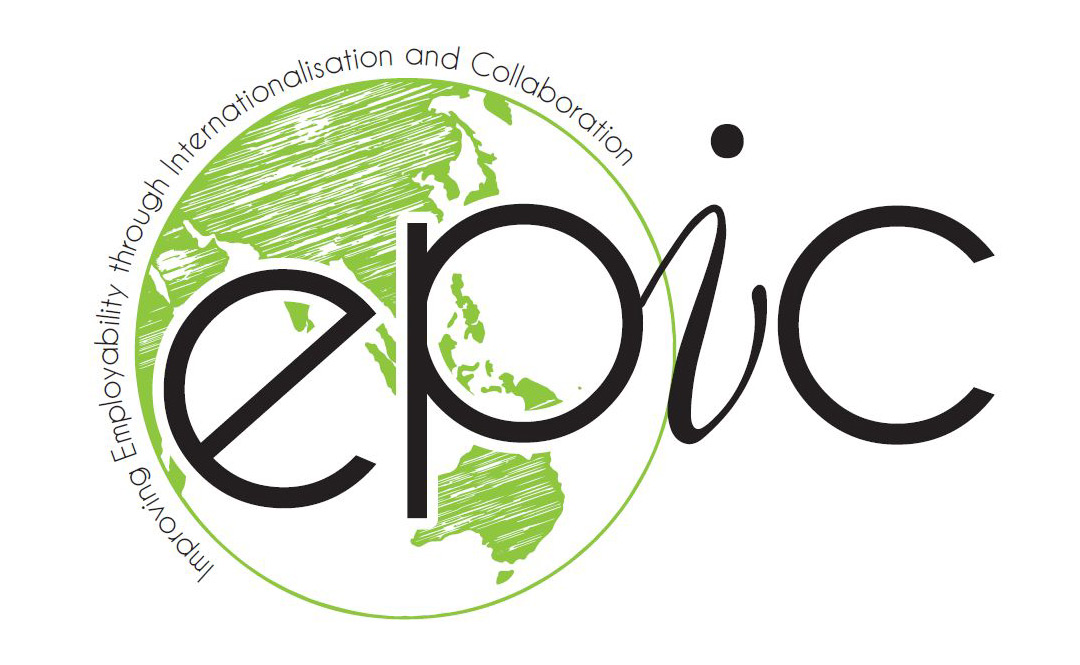Problem-based learning in an international, interdisciplinary and digital context prepares students for the job market.
In the past three months nine student groups have worked on real-life problems provided by companies – in interdisciplinary and international teams. The third and final year of the EPIC project shows that virtual col-laboration skills are more important than ever.
The EPIC project follows a blended learning approach combined with socalled problem-based learning, which focuses on self-organized and discovery-based learning. Student groups work together on real-world case studies from companies, research institutes or public administrations. This year, the student projects were all based on the UN Sustainable De-velopment Goals.
aconium GmbH worked with four students from the Netherlands, Latvia, Spain and Turkey on the topic “Carbon footprint of companies”. The students examined the possibility to calculate the carbon emissions of company processes with Open Data. The team developed a web-based open source calculation tool that only uses open datasets.

The combination of academic teaching with the entrepreneurial reality as well as testing new teaching formats are central goals of EPIC. The participating students and their academic supervisors already met in February for a project week in Hamburg. Workshops on intercultural communication and virtual collaboration as well as team building activities prepared the students for a three-months virtual collaboration. During the seminar, the students formulated problems for their case studies and analysed their interdisciplinary character. This method is helping the students approach problems in a goal- as well as practice-oriented manner.

This form of learning goes down well with the students: “Working on the EPIC project adds a valuable experience to my studies – computer science. The practical approach offers a completely new perspective,” reports Robert, a student at Aalborg University. Anja, also a student at Aal-borg University, adds: “It is very motivating to work on a topic, which is socially relevant and implement the knowledge and skills we learn about theoretically at university.”
Teaching material and guidelines on problem-based learning, virtual, interdisciplinary and international cooperation as well as opportunities for cooperation between universities and companies as well as other project results will be published on the EPIC website shortly.


